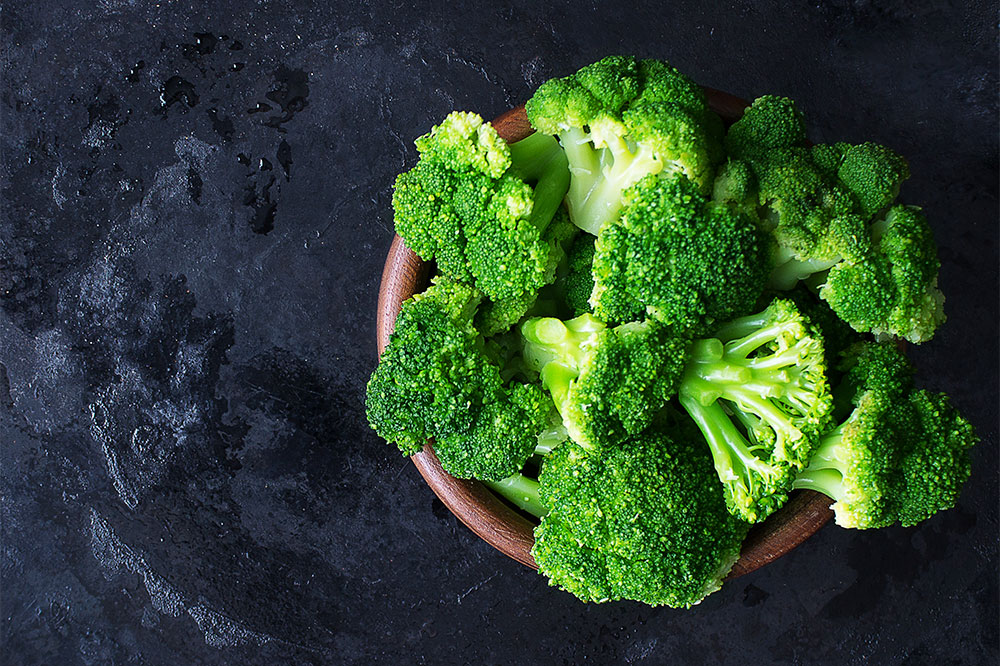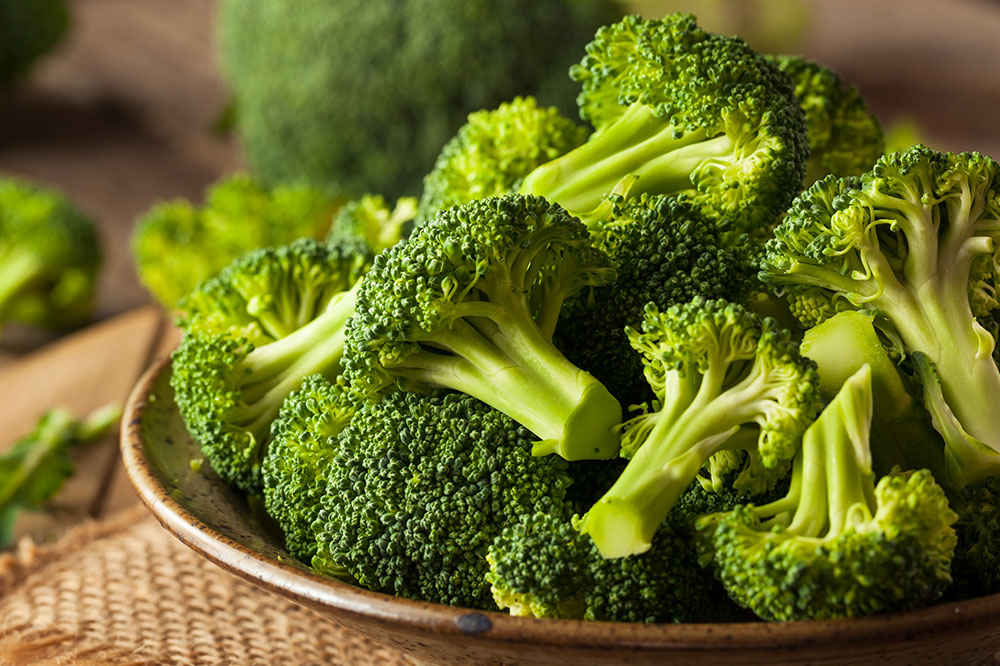Foods to Avoid for Reducing Cancer Risk
This article highlights foods that increase cancer risk and explores treatment options. It emphasizes avoiding high-sugar foods, processed meats, alcohol, and hydrogenated oils to reduce cancer likelihood. The piece also discusses advanced therapies like CAR T-cell and KRAS G12C inhibitors, stressing the importance of consulting healthcare providers for personalized treatment plans.

Foods to Steer Clear of to Minimize Cancer Risk
Cancer develops when genetic changes cause cells to mutate and grow uncontrollably, forming tumors. These malignant growths thrive on the nutrients from our diet, and certain foods can accelerate their progression. To lower your cancer risk, it’s important to avoid specific dietary triggers. Below is a list of foods linked to increased cancer risk.
Sugar
High sugar intake fuels the growth of cancer cells. Foods rich in refined sugars, like sodas, candies, cakes, and desserts, have a high glycemic index, which may elevate cancer risk.
Processed Meats
Products such as hot dogs, salami, ham, beef jerky, corned beef, and pastrami often contain chemical preservatives like sodium nitrate. These chemicals can heighten the risk of cancer. Opt for uncured, grass-fed alternatives when possible.
Alcohol
Alcoholic beverages contain sugars that can increase the risk of cancers affecting the throat, esophagus, colon, rectum, liver, and breast. The body metabolizes alcohol into acetaldehyde, a compound that damages DNA and promotes abnormal cell growth. Moderation is key to reducing risk.
Hydrogenated Oils
Used in processed foods for prolonging shelf life, hydrogenated oils contain trans fats linked to prostate and other organ-specific cancers. The linoleic acid in these oils can also contribute to tumor formation.
While avoiding these foods can aid in cancer prevention, understanding treatment options is also vital. Medications like Neulasta help bolster immunity by increasing white blood cells, aiding in recovery and fighting cancer. Innovative therapies such as CAR T-cell therapy modify immune cells to target cancer. Targeted treatments for specific mutations, like KRAS G12C inhibitors, offer additional options. Always consult healthcare professionals for personalized advice.










